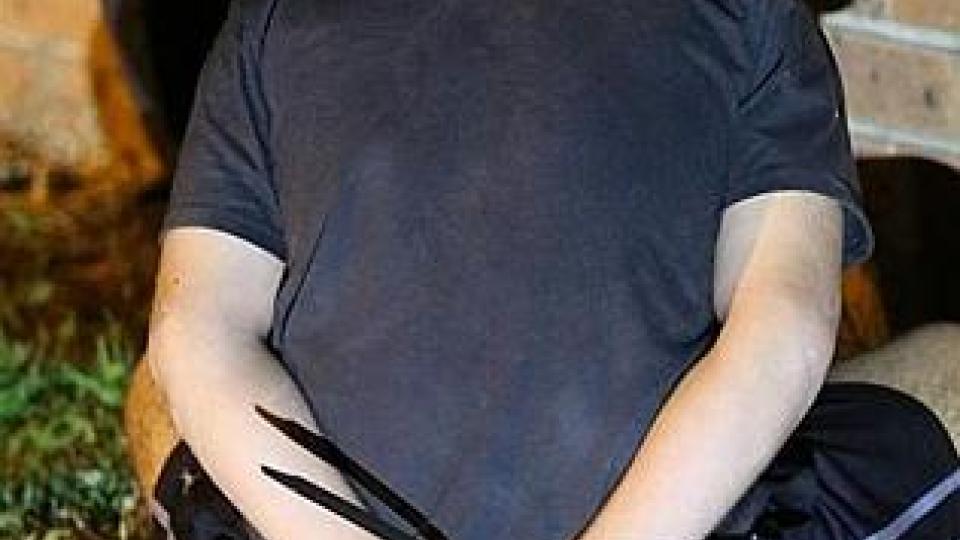Reject ‘terror raids’ and the new wars on Iraq and Syria

More than 800 police carried out simultaneous raids on houses in Sydney and Brisbane on September 18. Fifteen people were detained as a result, but only two were charged.
The high profile police raid – coordinated with the media – has been described as the “nation’s biggest counter terrorism operation in history”. It comes one week before the government plans to bring anti-democratic “terror laws” to a vote in parliament and as troops are deployed for a new Iraq war.
Raids of this kind are conducted for one purpose only: to make a public statement, not to protect the community. You do not need 800 police to detain 15 people, however, it does help to make a dramatic media story.
The fact that most of the people initially detained have been released indicates that police have not uncovered a major terrorist plot. Most of the charges – weapons and drug possession – are comparatively minor charges that do not warrant a police operation on this scale.
The claim that a random public beheading in Australia was planned is a serious accusation but one that has not been tested before the courts. The lawyer representing the accused man said the “allegation is based on one phone call of very limited compass that federal police have put forward”.
Australian authorities have a long record of making high profile terror raids that – while timed to coincide with governments' political priorities – do not result in convictions.
The few convictions made under Australian anti-terror laws have either been overturned on appeal, in the case of Jack Thomas for example, or else are so vague as to be farcical such as the 2008 conviction of seven men who discussed among themselves whether or not violence was a reasonable response to the war on Iraq.
Nobody has ever been convicted of planning or conducting a specific terrorist act in Australian under the so-called anti-terror laws. The few convictions that have taken place say more about the undemocratic nature of Australia's terror laws than the risk of terrorism in Australia.
The laws currently before the parliament represent further attacks on democratic rights. Instead of requiring the prosecution to establish guilt, the accused must prove their innocence and is usually denied bail, lawyer Rob Stary told Al Jazeera.
Further, one Senator has argued that these laws open the door to torture.
The current raids also come at a time when the government is attempting to divert attention from its unpopular horror budget that takes from the poor to give to the rich. The latest military adventure in Iraq and the new terror laws are themselves part of the attempt to distract attention from the budget.
The character of the latest police raids as an attempt to further the political objective of demonising the Muslim community in Australia is further demonstrated by the case of Daniel Fing. Fing was found with 50 kilograms of explosive materials – including DMDT, which was used in the 2005 London bombings – and maps that indicated he may have planned to blow up parts of Sydney and Newcastle.
The media and politicians downplayed the story, arguably because it contradicts the government's narrative about “Muslim terrorists”.
Similarly, the Abbott government makes much of Australian citizens fighting in a “foreign conflict” in Syria but makes clear he has no objection to Australians fighting in a “foreign conflict” as part of the Israeli military attacks on Gaza.
The latest raids on the Muslim community will make it easier for the government to wage its ongoing campaign to demonise the Muslim community, the new war on Iraq and the latest anti-democratic changes to the terror laws. Progressive people should stand opposed to all three.